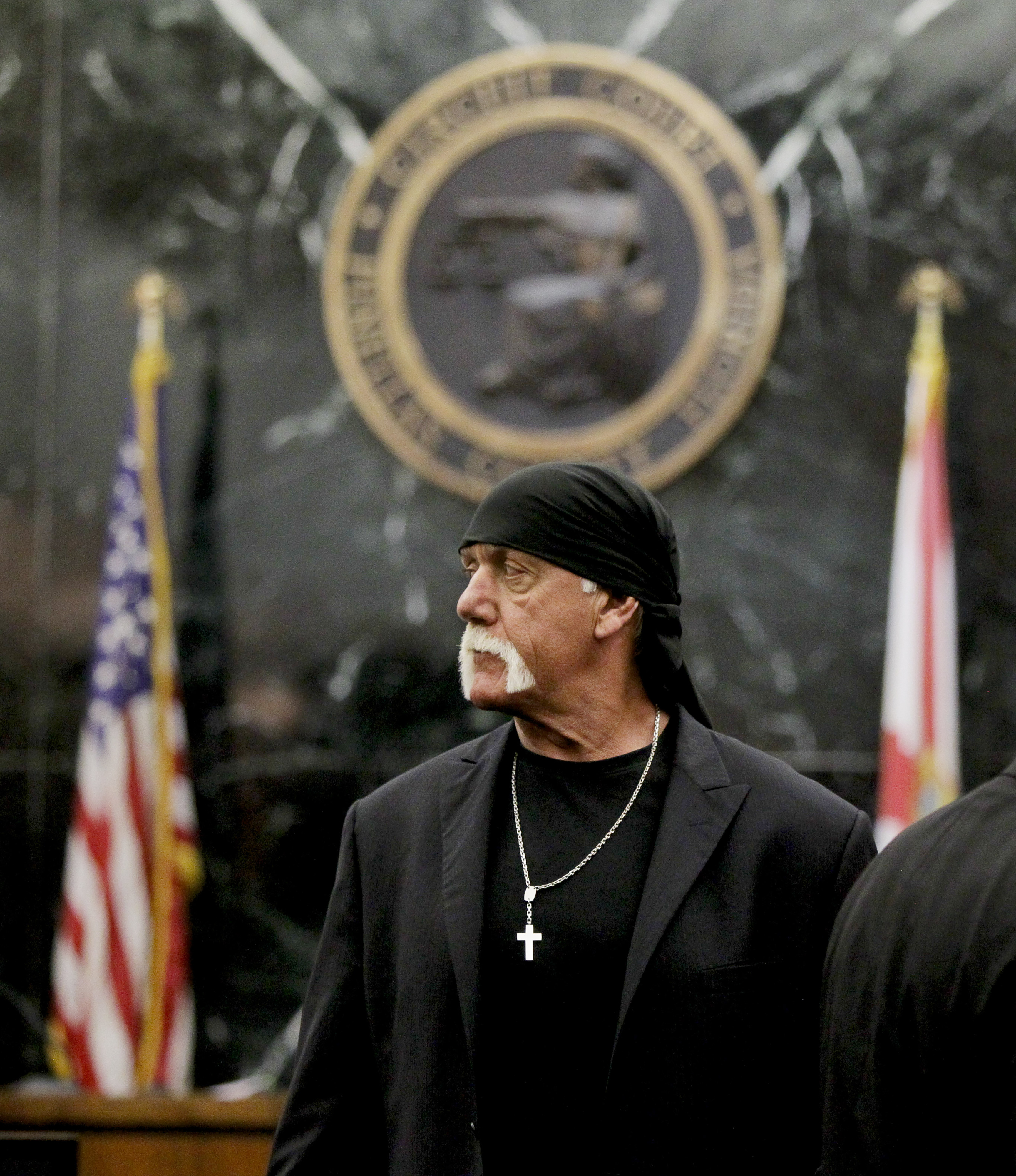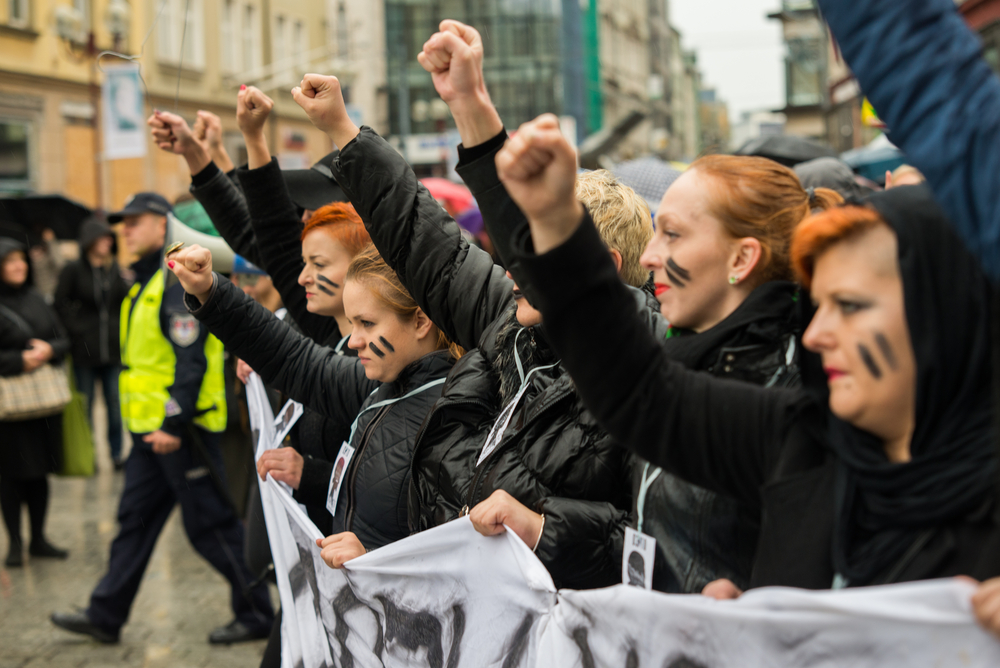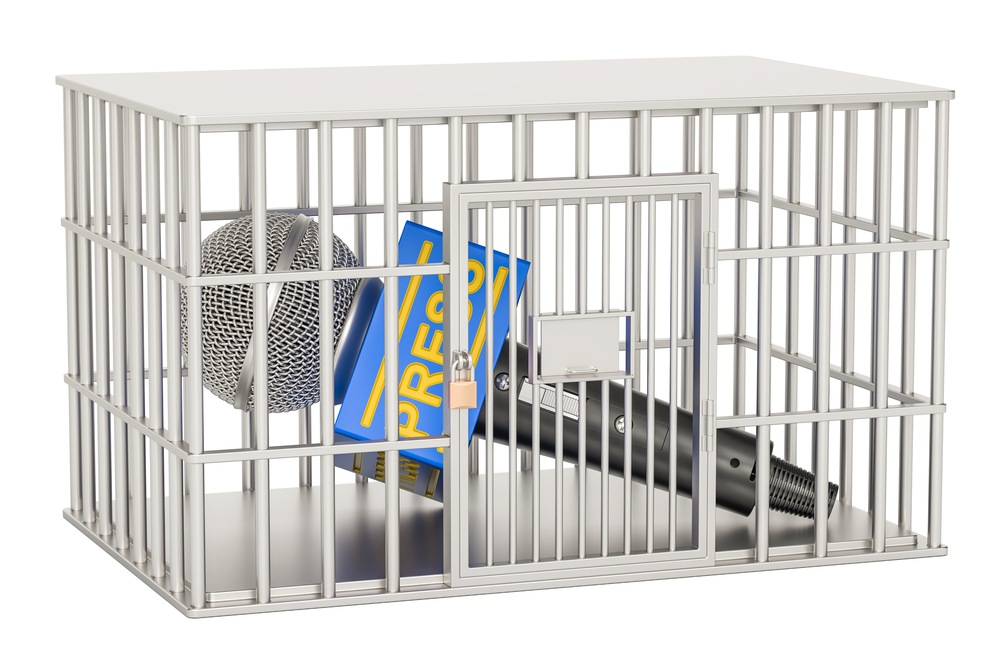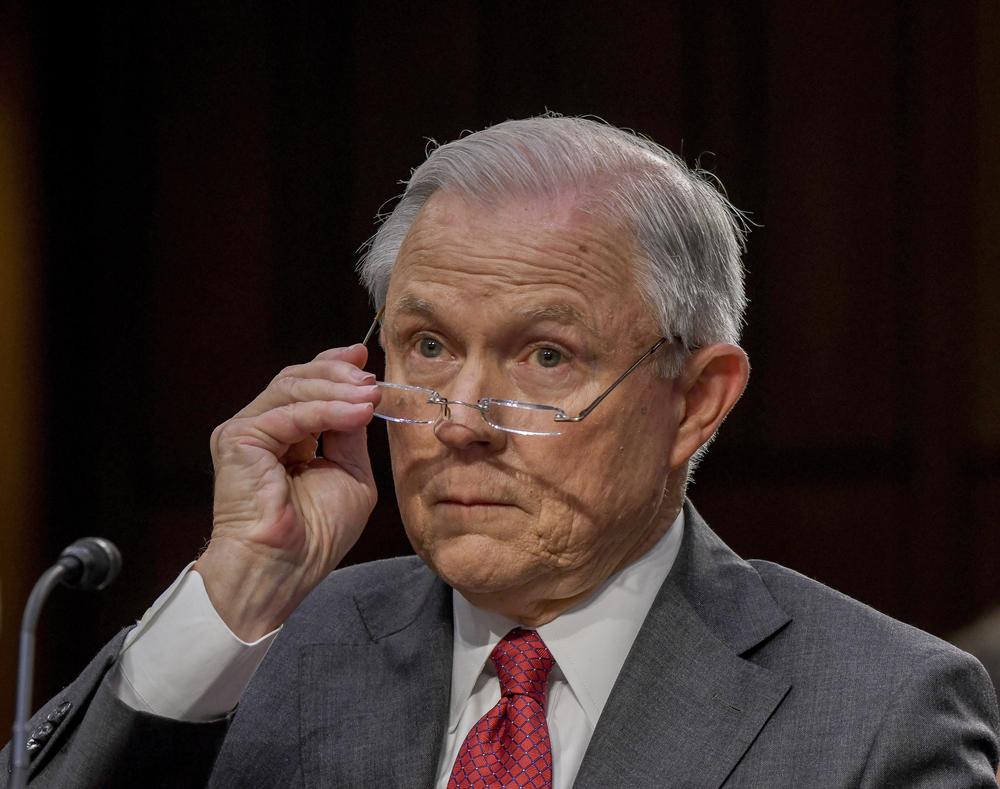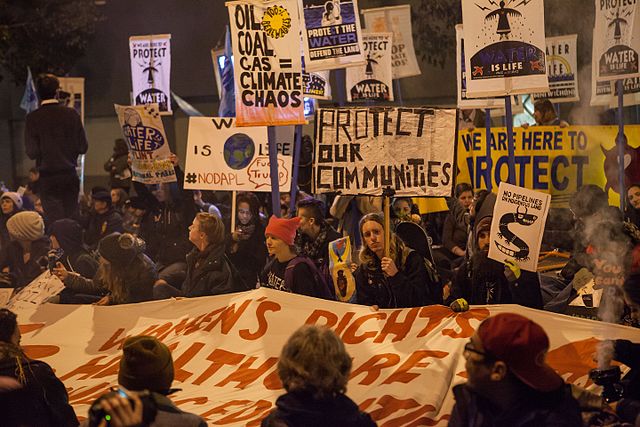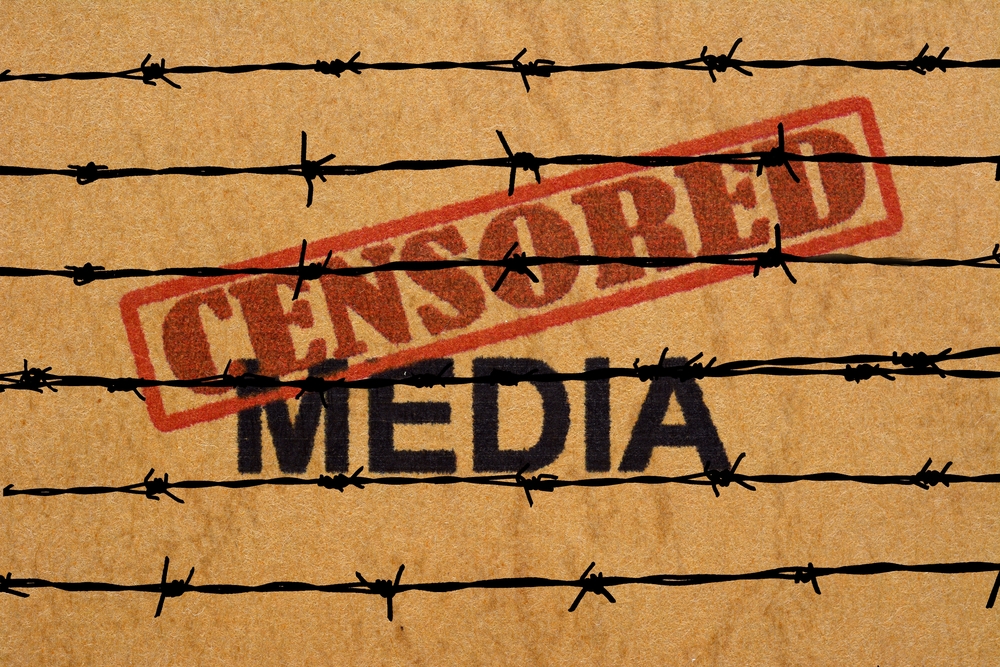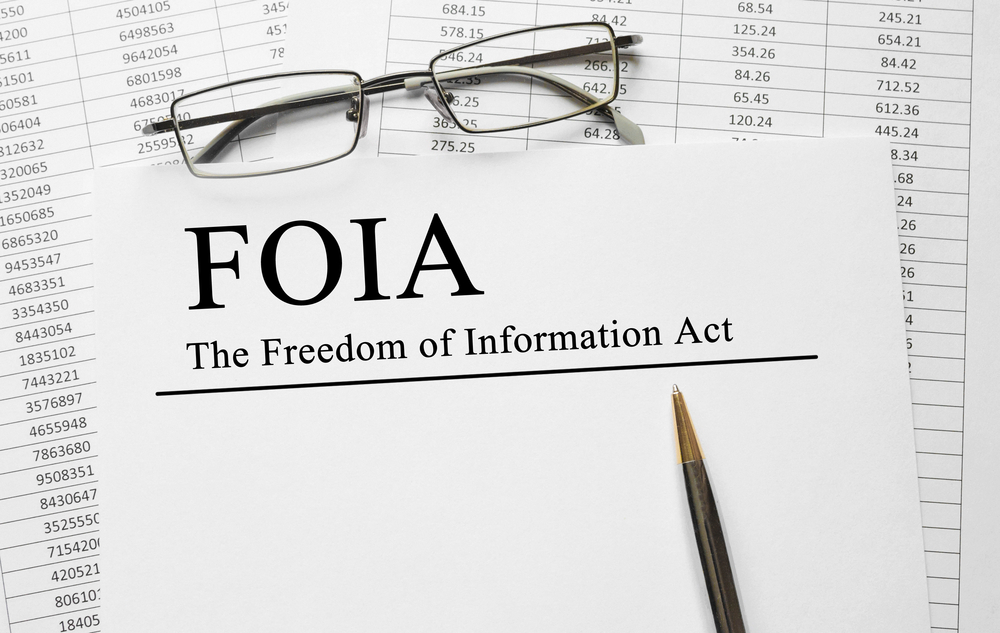Hulk Hogan v. Gawker: Invasion of Privacy & Free Speech in a Digital World
Hulk Hogan, a former wrestler whose real name is Terry Bolleau, sued Gawker Media for invasion of privacy after it published a sex tape of him and friend’s wife. A jury awarded a $140 million judgement to Hogan, and the award amount forced Gawker out of business.
The 3D Guns Controversy: Is Computer Code a Form of Speech?
What happens when a new technology enables the easy distribution of weapons? The case of 3-D printers and an open source gun design shows an increasingly blurry line between speech, conduct, and information.
A Recent History of Free Speech on College and University Campuses
Campus protests are once again eliciting an escalated police presence as tensions have risen amid the ongoing Israel-Hamas war. What does this mean for students and speakers?
The Alarming Rise in Verbal, Physical and Legal Threats to the Press
Many presidents have had contentious relationships with the press. However, the animosity towards the press fostered by President Donald Trump is believed by many to be unprecedented. Is the rise in physical and verbal attacks on the press attributable to Trump's labeling of the media as "enemies of the people"?
Crackdown on Leakers Ramps Up With NYT Journalist Targeted in Leaks Investigation
Journalists often publish information taken from leaked classified documents. Does the First Amendment protect them from prosecution for doing so? Aggressive prosecution of leakers began under President Obama - with the most famous case, Edward Snowden, still in hiding in Russia - and continues under President Trump.
Anti-Protest Laws in the United States
Reacting to the demonstrations that have taken place throughout the U.S. over the last few years, many states have moved to restrict public protests by a variety of means. Some measures that are enacted into law will surely be tested in court as violations of the First Amendment.
Is Government Censorship Under the Trump Administration the New Norm?
Transparency and openness are essential to democracy. However, administrations have ample motivation for making some information difficult or impossible for the public to obtain. In the early days of the Trump administration, some federal agencies' websites were taken down or not updated. What happens to the public's ability to monitor their government's actions if information is removed from view?
The Limits of Transparency and the Freedom of Information Act
Since 1967, the Freedom of Information Act (FOIA) has provided the public the right to request access to records from any federal agency. Administrations, while publicly lauding transparency, can direct how executive agencies respond to requests. What are the consequences of limiting access to public records?
